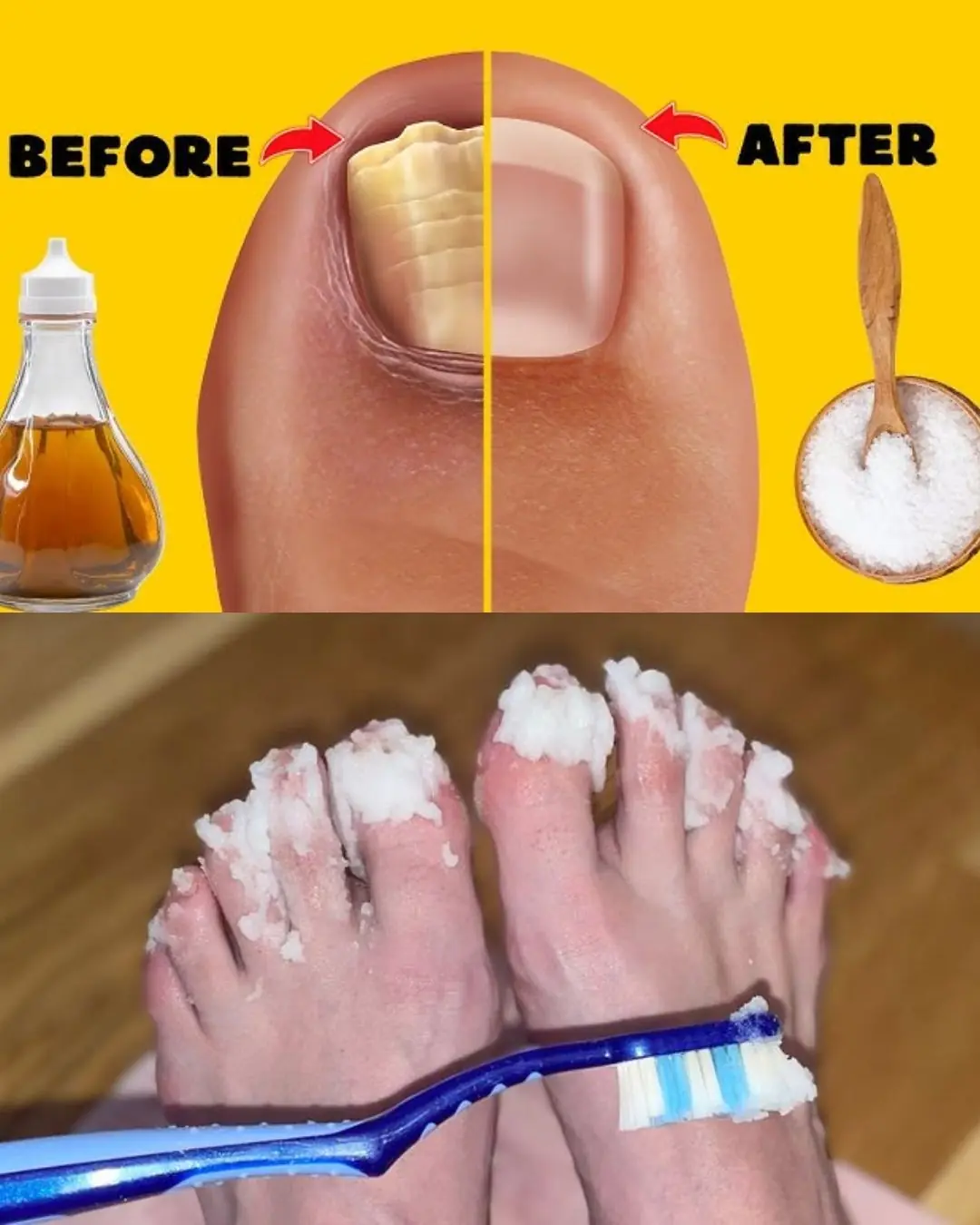
5+ Things Your Feet Can Reveal About Your Health (That You Shouldn’t Ignore)
Your feet do more than just carry you from place to place — they’re silent messengers, often giving early signals about your overall health. Changes in color, texture, sensation, or temperature can sometimes point to underlying conditions you might not even be aware of.
From circulation problems to thyroid issues, here are 8 surprising signs your feet might be sending about your body — and why it’s important to listen to them.
1. Dry and Peeling Skin

Dry, flaky skin on your feet is often mistaken for just poor hygiene or weather-related dryness. But in many cases, it’s a sign of athlete’s foot, a common fungal infection. This condition starts subtly with itching and peeling, but if left untreated, it can worsen — leading to blisters, cracking, and secondary infections as the fungus spreads.
If you're constantly moisturizing but your feet remain dry and itchy, especially between the toes, it’s worth seeing a doctor or pharmacist. Over-the-counter antifungal creams can help, but more persistent cases may need prescription treatment.
Tip: Always dry your feet thoroughly after showers, especially between the toes, and avoid walking barefoot in communal spaces like gyms or pools.
2. Cold Toes That Never Warm Up
Do your feet feel like blocks of ice — even under layers of socks and blankets? While cold feet can sometimes be blamed on the environment or lack of movement, chronically cold toes may point to poor circulation or conditions like hypothyroidism or Raynaud’s disease.
When blood flow is restricted, the extremities (toes and fingers) are the first to suffer. Your body prioritizes sending blood to vital organs, and the result is icy feet no matter how warm your surroundings are.
If cold feet are accompanied by fatigue, weight gain, or brittle nails, have your thyroid function checked.
3. Hair Loss on Toes

Most people don’t think much about toe hair — until it disappears. Loss of hair on the feet or toes can be a sign of poor circulation, possibly due to peripheral artery disease (PAD). When blood supply to the skin diminishes, hair follicles no longer get the oxygen and nutrients they need to grow.
Although it might seem like a cosmetic issue, this can be an important early warning. Left untreated, PAD increases the risk of heart attack and stroke.
What to look for: Shiny, smooth skin, numbness, weak pulses in your feet, or slow-healing cuts can all be signs of compromised blood flow.
4. Cracked Heels
Deep, painful cracks around your heels are more than just a cosmetic annoyance. While dry weather, standing for long hours, or poor footwear can all contribute, chronic cracked heels may be linked to thyroid dysfunction.
Your thyroid regulates skin cell turnover and oil production. When it underperforms, your skin can become unusually dry and prone to cracking, especially on weight-bearing areas like the heels.
Also watch for: Fatigue, weight gain, cold intolerance, and hair thinning — these could be signs of a sluggish thyroid (hypothyroidism).
What Makes Cracked Heels Worse?
-
Walking barefoot or wearing sandals
-
Long, hot showers that strip skin of natural oils
-
Harsh soaps and lack of regular moisturization
-
Ill-fitting shoes that don't support the heel
Regular exfoliation and moisturizing can help, but if your skin doesn't improve, consult a healthcare provider.
5. Swollen Feet That Don’t Go Down Overnight

Swelling in your feet after a long day is normal — but if puffiness persists overnight, it may point to something more serious. Chronic foot swelling, or edema, can signal problems with your heart, kidneys, or lymphatic system.
If both feet swell evenly, it could indicate a systemic issue. But if swelling is isolated to one side, it might be a blood clot, vein blockage, or localized infection.
Medications can also cause swelling, especially those for blood pressure, hormones, or diabetes. Always report persistent swelling to your doctor.
6. Persistent Foot Odor (Even with Good Hygiene)
Smelly feet happen — but when they stay smelly despite good hygiene, underlying factors like hormonal imbalances, excessive stress, or bacterial overgrowth might be to blame.
Overactive sweat glands can create a moist environment where bacteria thrive, producing a strong odor. Stress, puberty, menopause, or endocrine issues can amplify sweating and shift your body’s natural odor.
Try this: Antibacterial foot powders, moisture-wicking socks, and breathable shoes may help — but if odor persists, consult a dermatologist.
7. Numbness or Tingling in Your Feet
If your feet often feel numb, tingly, or weak, you could be dealing with nerve damage or compression. Conditions like diabetes, sciatica, or peripheral neuropathy are common causes.
These sensations may come and go at first, but over time, they can affect your balance, coordination, and quality of life. In some cases, the numbness can be dangerous — you might not feel injuries or ulcers forming, especially if you have diabetes.
Emergency sign: If numbness appears suddenly and is accompanied by dizziness, confusion, or difficulty speaking or breathing — call for emergency medical help immediately.
8. Yellow, Thick, or Brittle Toenails
A fungal infection is often the first suspect when toenails become yellow or thickened. But if the condition doesn't improve with antifungal treatment, it could be a sign of diabetes, lung disease, or other internal issues affecting nail growth.
In rare cases, chronic nail changes can be linked to immune system disorders or even circulation problems. Don't ignore persistent nail discoloration, especially if you also have slow-healing wounds or other systemic symptoms.
Bonus Tip: Toenails can take up to a year to fully grow out, so be patient — but consistent — with treatment plans.
Final Thoughts: Your Feet Talk — Are You Listening?
Your feet can be one of the first places your body shows signs of something wrong — from circulation and thyroid issues to diabetes and heart problems. Paying attention to subtle changes in appearance, sensation, or function can help you catch health concerns early.
Don’t ignore persistent changes. Consult a medical professional if something feels off — your feet might just be trying to tell you something important.
Disclaimer: This article is for informational purposes only and is not a substitute for professional medical advice. Always consult your doctor with any questions about a medical condition.
News in the same category


12 everyday habits that quietly raise your stroke risk

Drink this before bed to balance blood sugar & stop nighttime bathroom trips!

Doctors reveal that consuming bananas at 11 am causes in

Fatty liver disease: 6 symptoms you need to know

The Mystery Behind Sudden Sharp Chest Pains Has Finally Been Solved

10 Unusual Foot Symptoms That May Indicate Diabetes

Eat This Seed and Watch Your Vision Improve — Especially After 60!
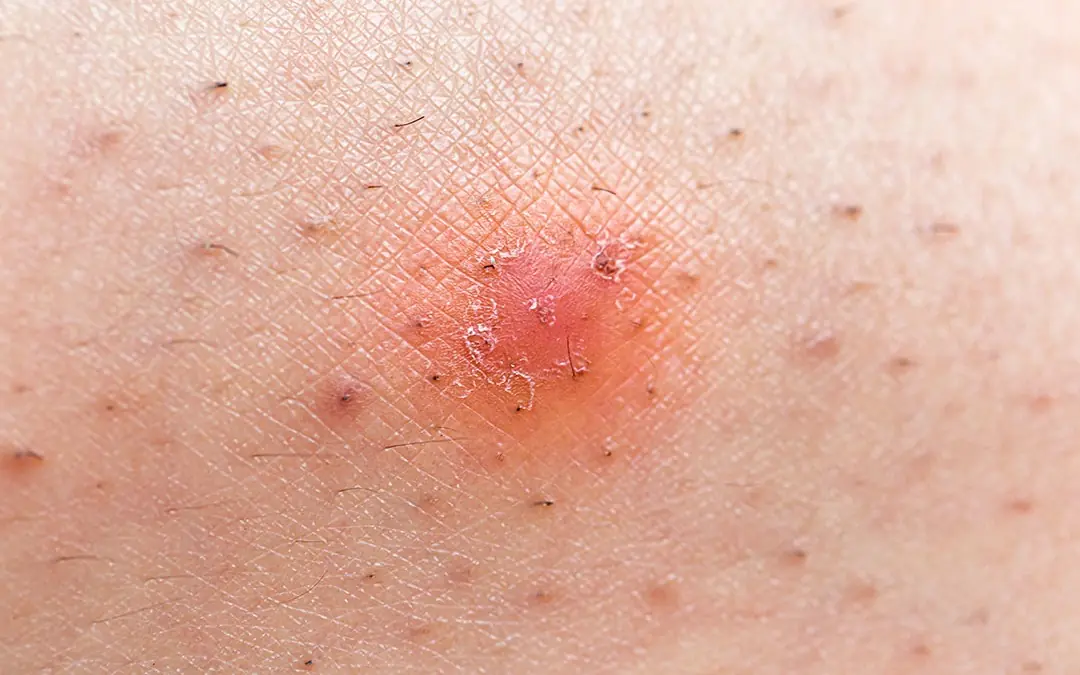
Why You Should Never Ignore a Bump on Your Inner Thigh and How to Get Rid of It

New Research Finds 40–50% of Colon Cancer Cases Can Be Prevented by Doing These Simple Things
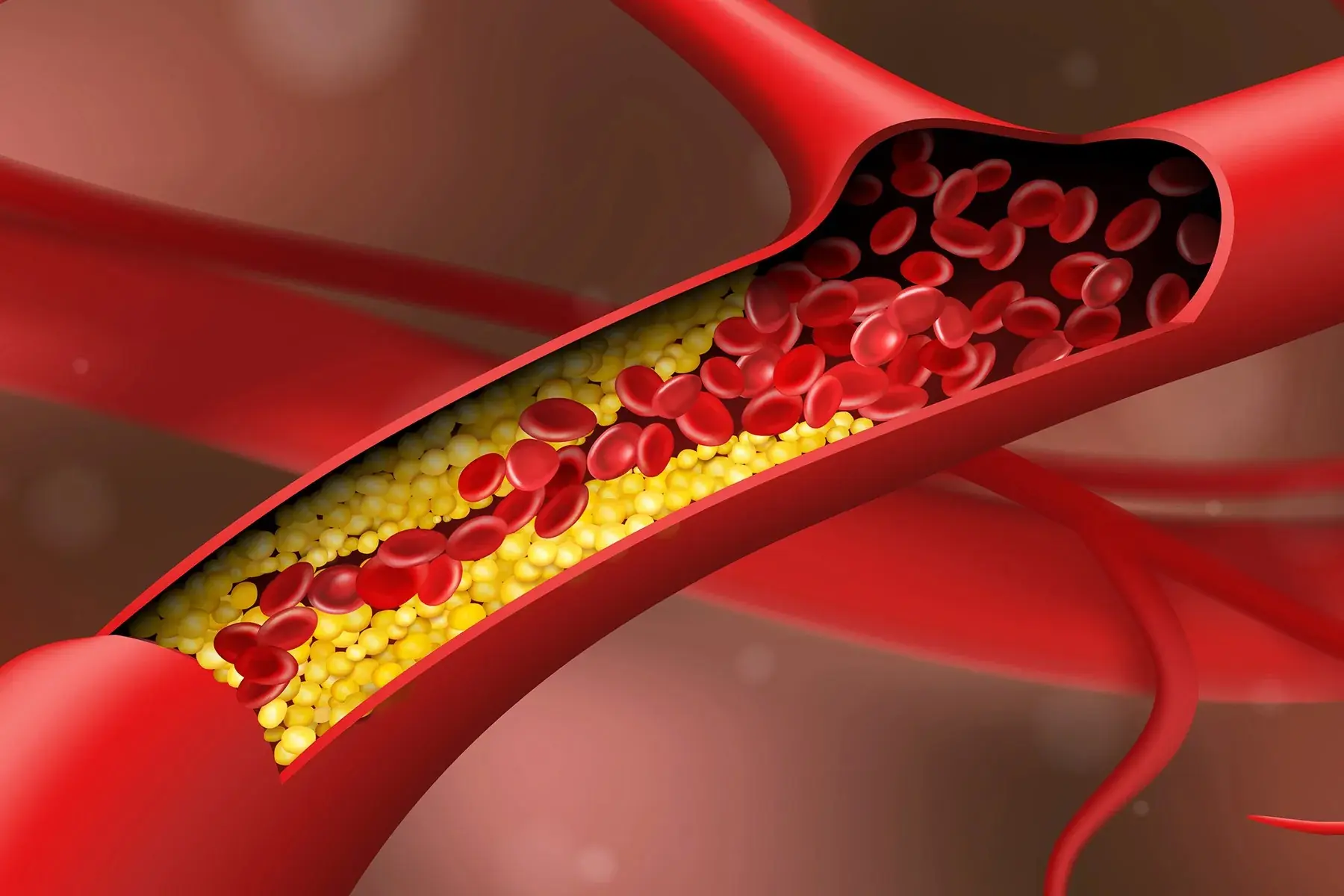
CLOGGED ARTERIES TRIGGER HEART ATTACKS AND STROKE EAT THIS TO HELP UNCLOG YOUR ARTERIES
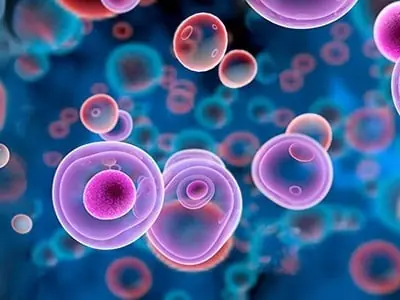
How Water Fasting Triggers Powerful Cellular Healing and Reveals Surprising Long-Term Benefits

5 Hidden Signs Cataracts Are Already Affecting Your Eyes (and How to Stop Them After 60)

90% of Diabetes Cases Could End If You STOP These Foods

Drink One Cup Daily of Mullein Tea to Cleanse Your Lungs of Phlegm and Toxins

Agmatine: A Little-Known Nutrient for Fibromyalgia and Nerve Pain

Top 8 Warning Signs of Ovarian Cancer Women ABSOLUTELY Need to Know
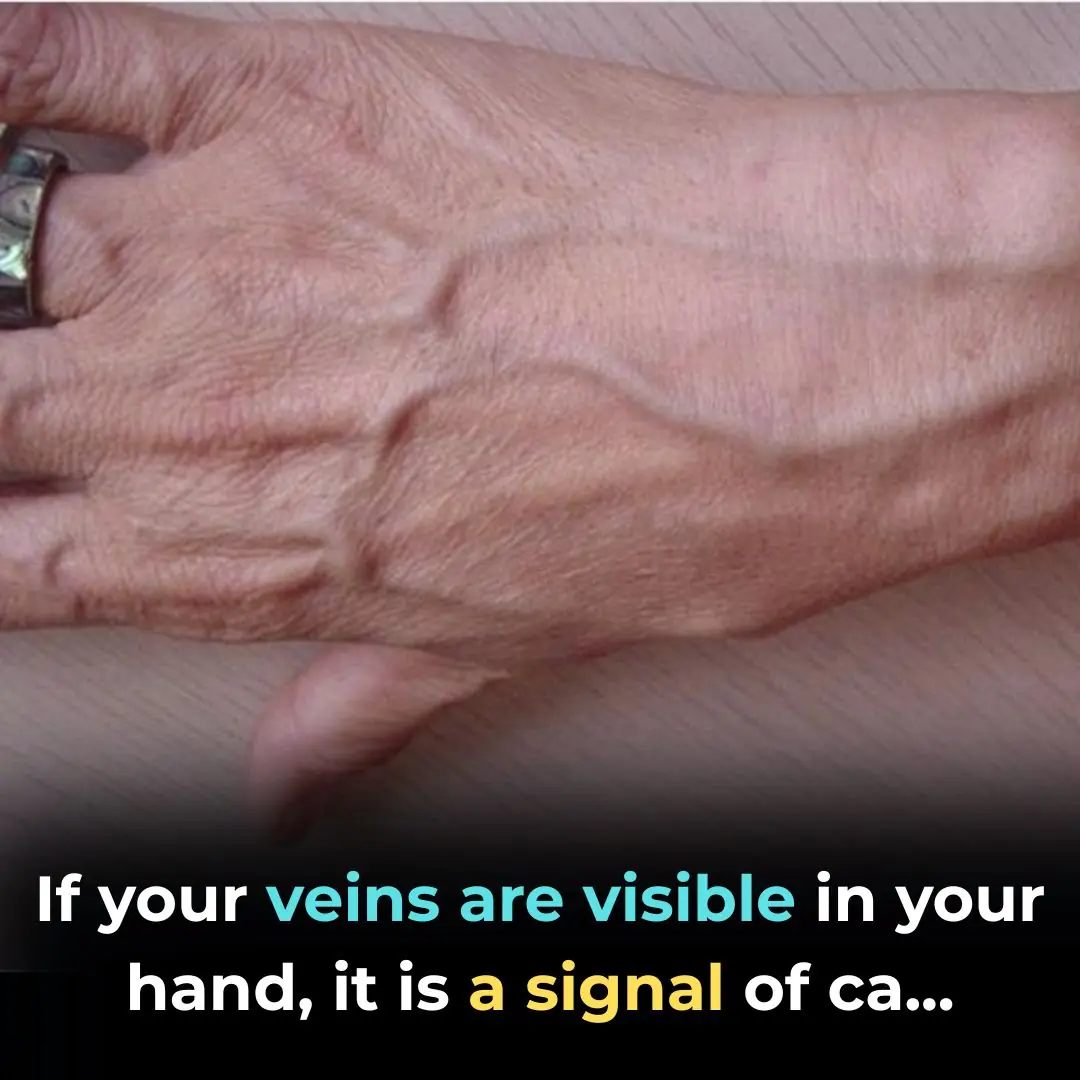
Visible Veins Explained: Normal Causes, Health Risks, and When to Worry

Canker Sores Are The Absolute WORST…Here’s How To Get Rid of Them Fast!
News Post

A Gentle Giant Named Valor: The Dog Who Chose Love Over Fear

Barnie’s Long Wait: A Tale of Hope, Patience, and Unconditional Love

Willie Ortiz: The Quiet Hero Who Feeds the Forgotten

A Love That Lasts a Lifetime

A Love That Transcends Time: A Valentine’s Date Beyond Goodbye

The Bear Who Knew How to Relax.

A Simple Meal, A Profound Act of Kindness.

An Entire Dog Family Was Thrown Away — Dad, Mom, Three Daughters, and Even Grandma

This Mystery Animal Was Found by the Dumpster — Dog, Coyote, or Something In Between?

The Woman Who Rescued a “Puppy”—And Discovered She Had Raised a Wolf

Don’t Clean Your Rice Cooker with Plain Water: Use This Method to Make It Sparkling Clean in Just 5 Minutes

If you find a roll of toilet paper in your fridge, you had better know what it means

What Your Favorite Pie Says About You

Beautify with familiar ingredients available in every home

If you have nail fungus, try this natural cure; it goes away fast

12 everyday habits that quietly raise your stroke risk

Drink this before bed to balance blood sugar & stop nighttime bathroom trips!

Doctors reveal that consuming bananas at 11 am causes in

Fatty liver disease: 6 symptoms you need to know
